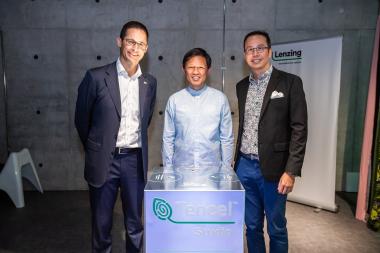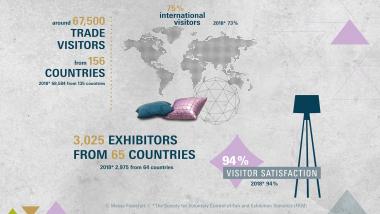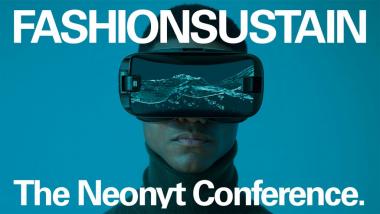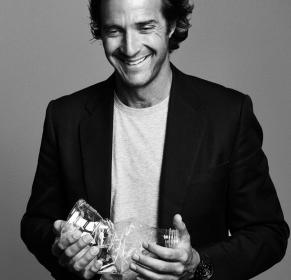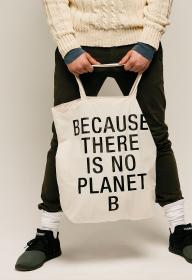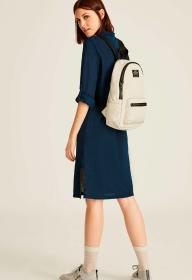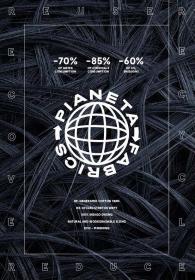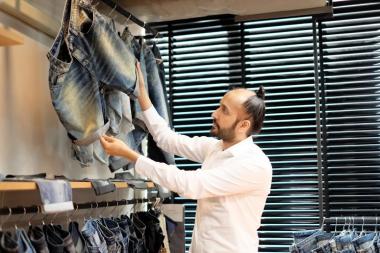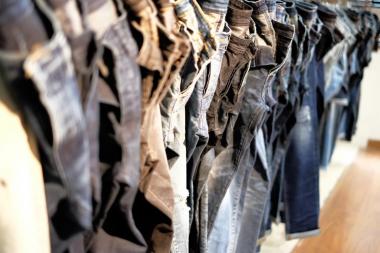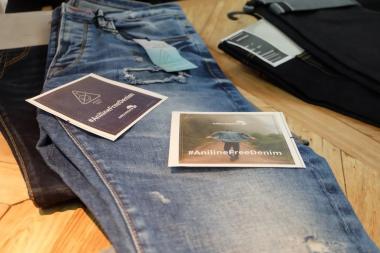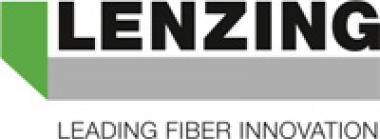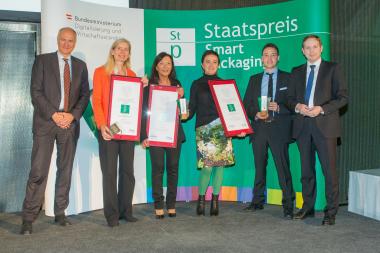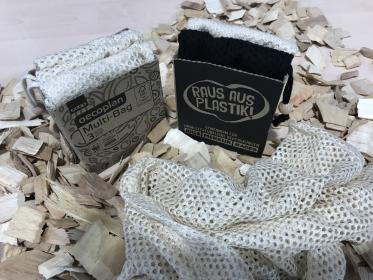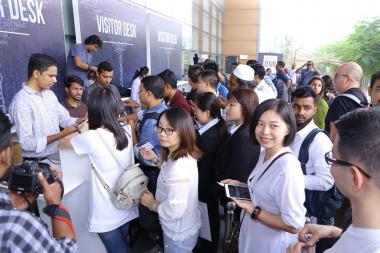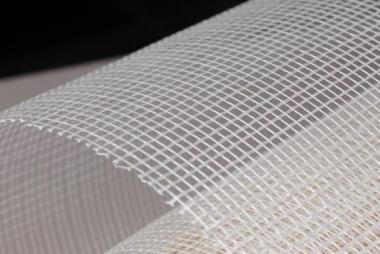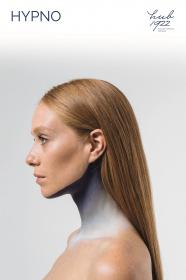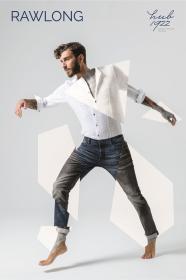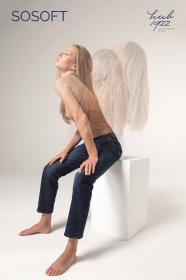Kornit Digital Expands Partnership with Delta Apparel
Kornit Digital Ltd. (NASDAQ: KRNT), a company that develops, designs and markets innovative digital printing solutions for the global printed textile industry, today announced it has received an order from DTG2Go, a Delta Apparel, Inc (NYSE American: DLA) company and leader in the direct-to-garment printing and fulfillment marketplace.
The order follows several months of beta-testing of the recently released Kornit Atlas system by DTG2Go, during which Kornit was able to showcase the enhanced features of the most advanced industrial direct-to-garment solution available on the market. Key features of the Atlas include high volume throughput, attractive cost of ownership and featuring the new NeoPigment™ Eco-Rapid inkset specifically designed for sustainability and retail-quality digital textile printing. Per the agreement, DTG2Go will take delivery of 10 Atlas systems in 2019, along with a significant number of HD upgrades for DTG2Go’s existing Kornit Avalanche systems.
Kornit’s Chief Executive Officer, Ronen Samuel commented, “We are honored to expand our partnership with Delta Apparel as a key technology supplier as they expand their reach with digital printing. Delta’s unique platform strikes at the core of the changing needs in the retail supply chain, by offering a vertically-integrated digital print fulfillment model with quick delivery at an affordable price. The inclusion of the Atlas will greatly enhance the options and capabilities that Delta will be able to offer its customers. The all-new industrial Atlas has leading-edge technology with annual production capacity of over 350,000 impressions and optimizes production efficiency at the best cost of ownership available. We look forward to working collaboratively with Delta to deliver on this order and expand on this important relationship.
Kornit Digital
Kornit Digital Ltd.








